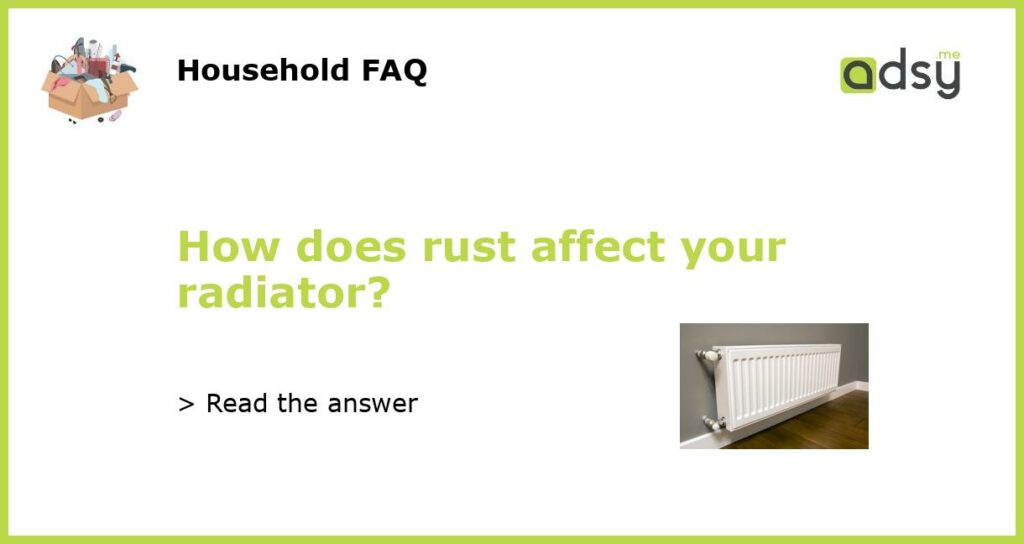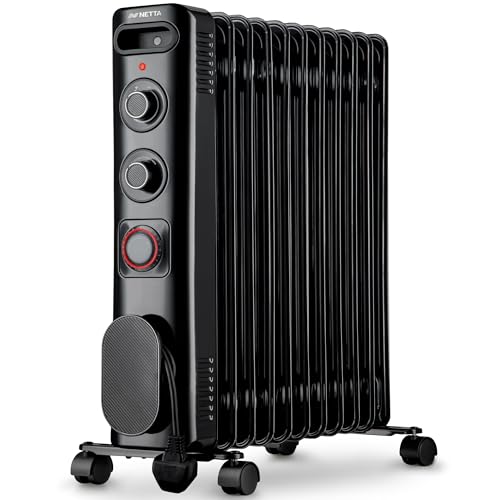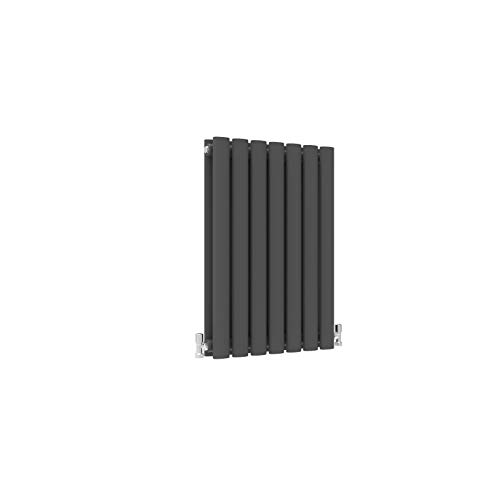How Rust Affects Your Radiator
What is Rust?
Rust is a chemical reaction that occurs when iron or steel is exposed to moisture and oxygen. This reaction causes the metal to corrode and weaken over time. Rust can form on any metal surface, including your car’s radiator.
How Rust Affects Your Radiator?
Rust can form inside your radiator when the coolant is not changed regularly or if the radiator is not properly maintained. This can cause the radiator to become clogged, preventing the proper flow of coolant through your engine.
Rust can also cause leaks in the radiator, as it eats away at the metal and creates weak spots. This can lead to a loss of coolant and cause your engine to overheat.
Signs of Rust in Your Radiator
Some signs that your radiator has rust include:
- Discolored coolant
- Metallic particles in the coolant
- Low coolant levels
- Overheating engine
- Visible rust on the radiator
How to Prevent Rust in Your Radiator?
The best way to prevent rust in your radiator is to make sure you change your coolant regularly and perform routine maintenance on your radiator. This includes flushing the coolant system and checking for leaks or rust.
You can also use a radiator flush solution, such as Prestone Super Radiator Cleaner, to help remove rust and corrosion from the inside of your radiator.
Conclusion
Rust can have a serious impact on your radiator’s performance and lifespan. By understanding the causes and signs of rust in your radiator, you can take the necessary steps to prevent it. Regular maintenance, including coolant changes and routine checks for rust and leaks, can help ensure your radiator stays in good working condition for years to come.






